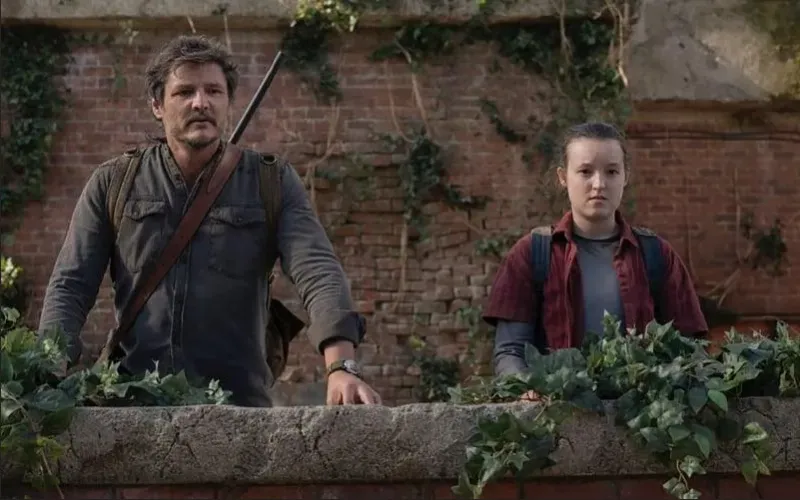The Rise of a Cult Classic
When The Walking Dead first premiered in 2010, it quickly became a cultural phenomenon. The post-apocalyptic horror series, based on Robert Kirkman's comic book series, captured the imagination of millions with its gripping storyline and complex characters. The show introduced viewers to a world where survival was paramount, and the fight against the undead was only part of the struggle. Fans were drawn to its gritty realism and the moral dilemmas faced by the survivors as they navigated their new reality.
The Walking Dead was more than just a show about zombies; it delved into the intricacies of human nature and societal collapse. Its success can be attributed to its ability to weave personal stories with action-packed sequences, keeping audiences on the edge of their seats. As the series progressed, it continued to push boundaries and explore themes of hope, loss, and redemption, solidifying its status as a cult classic and drawing in a diverse fan base worldwide.
Character Development and Depth
One of the standout features of The Walking Dead is its rich character development. From the resolute Rick Grimes to the resilient Carol Peletier, the series has introduced a host of memorable characters who have evolved significantly over time. Each character's journey is meticulously crafted, showing how they adapt to the harsh realities of their world. Their struggles make them relatable and their growth compelling, providing viewers with characters whose fates they genuinely care about.
As the story unfolds, the characters face numerous challenges that test their morality and humanity. This evolution is evident in the way relationships form and dissolve, showcasing the complexity of human interactions under extreme circumstances. The series' writers have skillfully balanced action with introspection, ensuring that character arcs remain central to the narrative. This focus on character depth has been pivotal in maintaining the show's appeal, allowing audiences to invest emotionally in the survivors' journeys.
Impact on Popular Culture
The Walking Dead has had a significant impact on popular culture, influencing not only television but also other media forms. The show's success paved the way for a resurgence of zombie-themed content, reinvigorating the genre with fresh ideas and narratives. Its influence extends beyond entertainment, as it has inspired merchandise, video games, and even academic discussions on its social and cultural implications. The series has become a reference point in discussions about survival horror.
The show's popularity is reflected in its expansive fan base and the numerous conventions and fan events it has spawned. These gatherings celebrate the series' legacy and allow fans to connect with like-minded individuals who share a passion for the world of The Walking Dead. The show's ability to resonate with audiences across different demographics highlights its universal appeal and underscores its role in shaping modern popular culture. Its legacy as a trailblazer in the genre is undeniable.
Challenges and Criticisms
Despite its success, The Walking Dead has faced its share of challenges and criticisms over the years. As the series progressed, some viewers expressed concerns about pacing and storyline repetition. Critics have pointed out that certain seasons felt drawn out, with an overreliance on familiar plot devices. These issues led to discussions about the show's longevity and the need for creative rejuvenation to maintain its appeal and relevance in a competitive television landscape.
Additionally, the series has faced scrutiny over its portrayal of violence and its impact on audiences. Some critics argue that the show occasionally prioritizes shock value over substance, raising questions about the balance between entertainment and ethical storytelling. Despite these challenges, The Walking Dead has remained resilient, adapting to feedback and evolving its narrative approach. The series' ability to address criticisms while staying true to its core themes is a testament to its enduring appeal.
The Future of The Walking Dead Universe
As The Walking Dead enters its next phase, the franchise shows no signs of slowing down. With spin-offs like Fear the Walking Dead and The Walking Dead: World Beyond, the universe continues to expand, offering fresh perspectives and new characters. These series explore different aspects of the apocalypse, providing fans with a broader understanding of the world and its challenges. The franchise's ability to reinvent itself has been key to its sustained success.
Looking ahead, the creative team behind The Walking Dead is committed to exploring new narratives and maintaining the franchise's relevance. Upcoming projects promise to delve deeper into the mythology and explore untold stories within the universe. As the series evolves, it remains a staple of modern television, captivating audiences with its blend of action, drama, and horror. The enduring popularity of The Walking Dead demonstrates its ability to adapt and
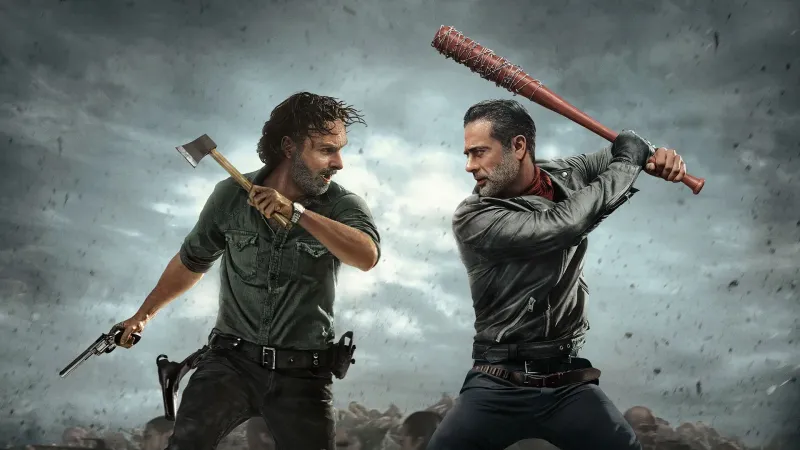
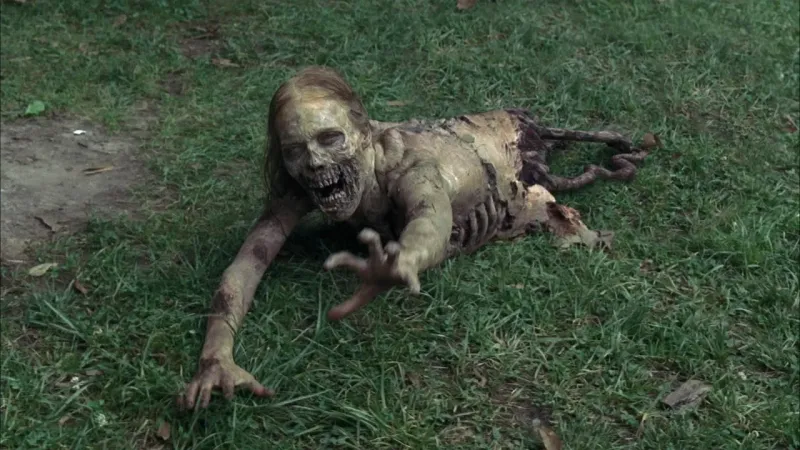
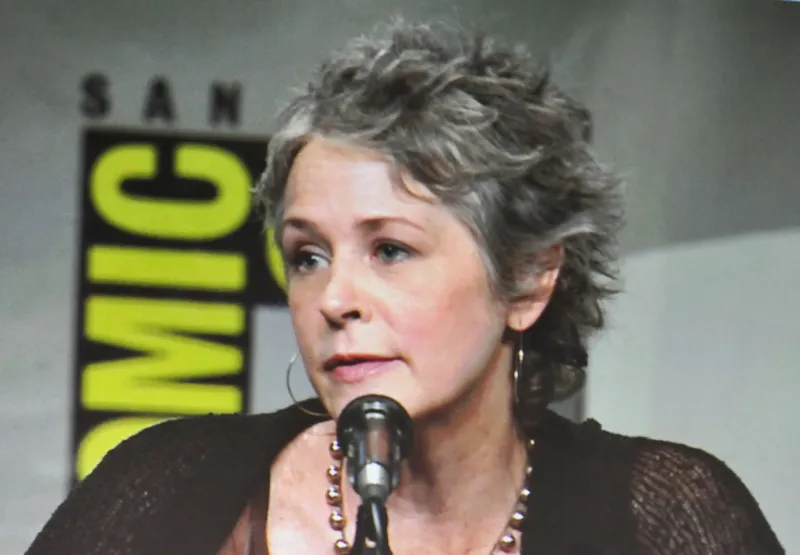
_800.webp)
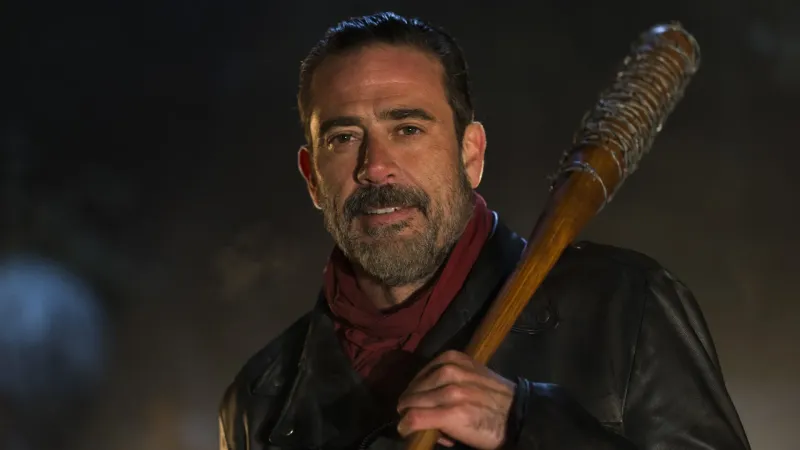
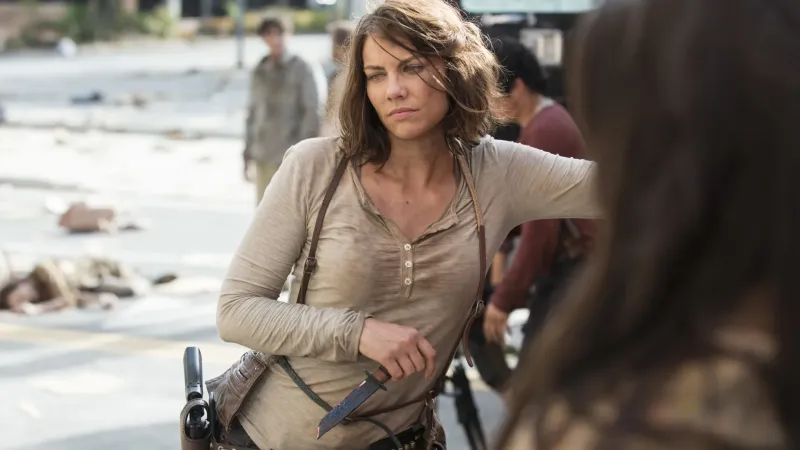
_800.webp)
